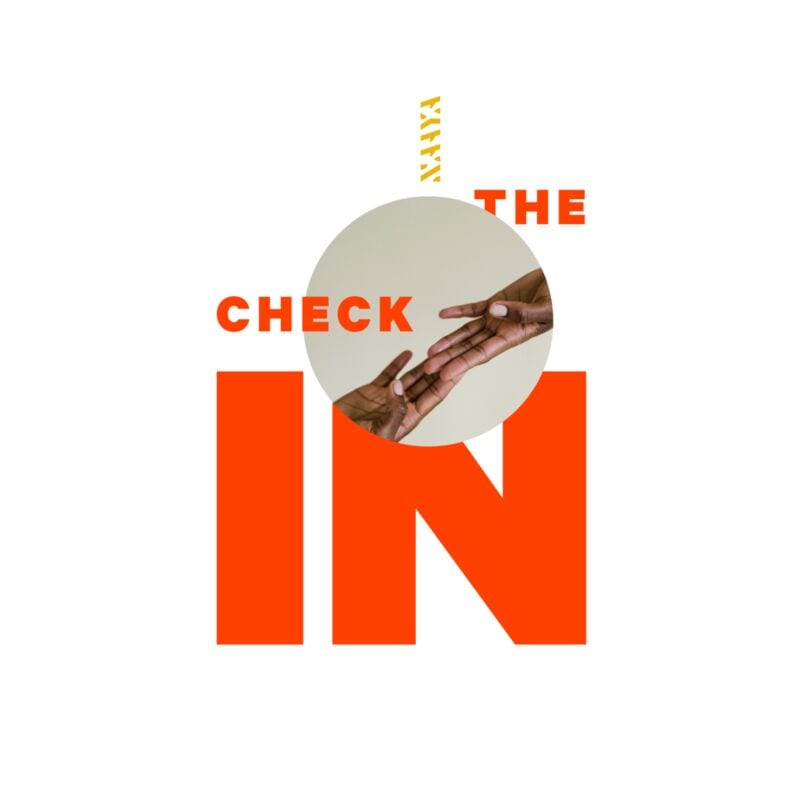
Naaya's The Check-In is Targeted at BIPOC High School Students
References: naayawellness
Sinikiwe Dhliwayo founded Naaya because she noticed a gap in services and resources for BIPOC wellness. Centered around yoga and mindful practices, the community is seeking to diversify and open up the movement of self-love and self-care.
In September 2020, Naaya is gearing up to launch BIPOC wellness support for high school students. The initiative is launched in response to COVID-19. It will offer participants a full curriculum that centers on yoga and meditation. It will also give them access to a therapist who will be able to support their needs during the pandemic.
The Check-In will start with sixty students who will be broken into four cohorts, with a dedicated cohort for LGBTQI students. Spanning a total of six weeks, the curriculum will be delivered virtually.
Image Credit: Naaya
In September 2020, Naaya is gearing up to launch BIPOC wellness support for high school students. The initiative is launched in response to COVID-19. It will offer participants a full curriculum that centers on yoga and meditation. It will also give them access to a therapist who will be able to support their needs during the pandemic.
The Check-In will start with sixty students who will be broken into four cohorts, with a dedicated cohort for LGBTQI students. Spanning a total of six weeks, the curriculum will be delivered virtually.
Image Credit: Naaya
Trend Themes
1. BIPOC Wellness Education - Creating inclusive and diverse wellness resources and services for BIPOC communities that focus on yoga and mindful practices can lead to a new era of wellness education
2. Virtual Wellness Support - The use of virtual platforms and therapists to provide support to BIPOC students during the pandemic opens up new opportunities for offering accessible and personalized wellness experiences
3. High School Wellness Programs - Developing targeted wellness programs for high school students can help promote wellness advocacy and education from an early age, providing potential long-term benefits to the wellness industry.
Industry Implications
1. Education - Education providers could offer specialized programs in wellness and mindfulness to promote wellness advocacy and inclusion
2. Mental Health - Virtual therapists can provide accessible mental health resources to BIPOC communities and promote mental wellness and self-care practices
3. Fitness - Fitness organizations can collaborate with BIPOC wellness communities to create inclusive fitness and wellness programs that represent and cater to diverse groups of people
1.2
Score
Popularity
Activity
Freshness
























